Category:Poverty & Inequality

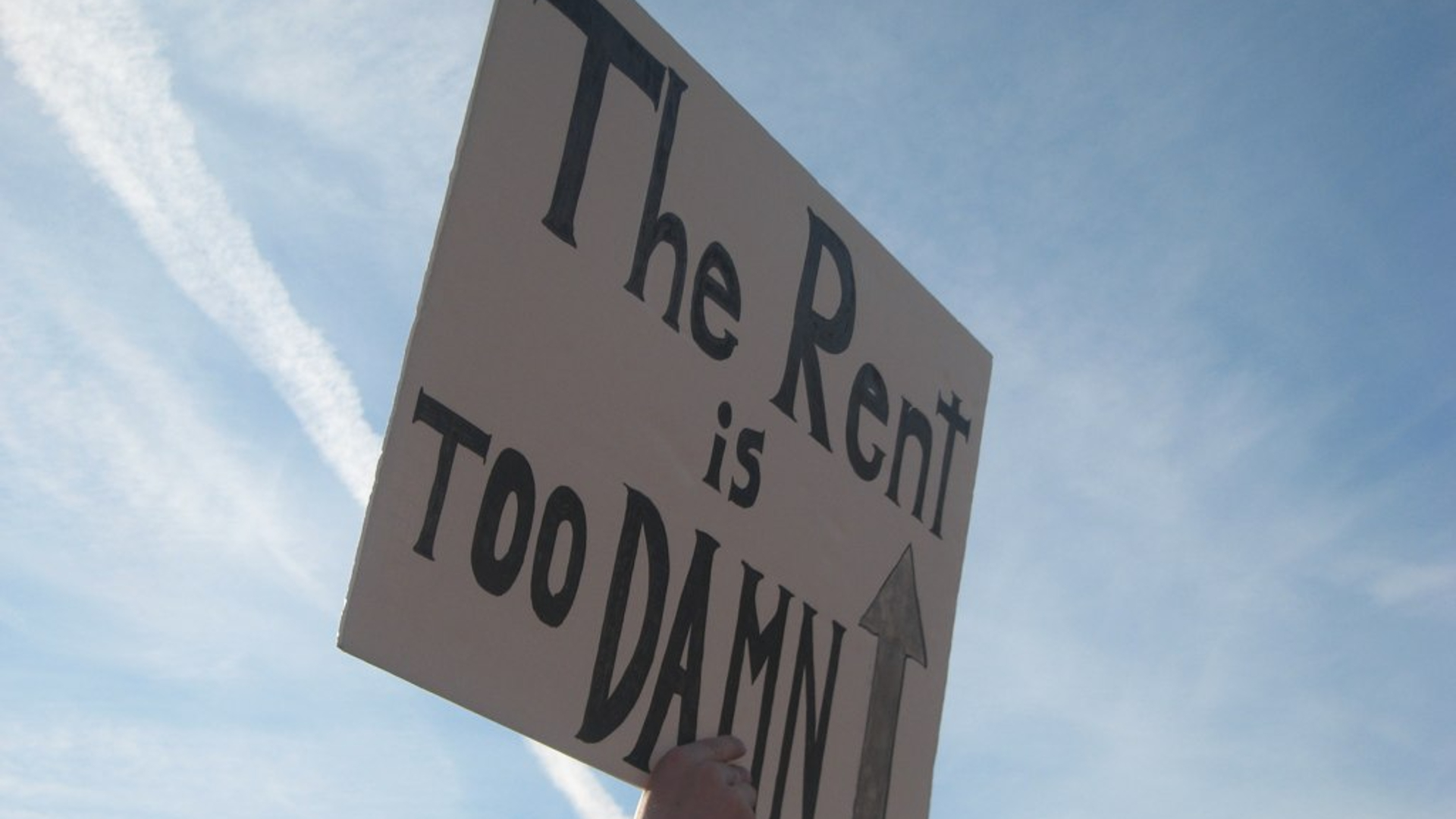
Unmasking the true force behind the housing crisis
December 21, 2023 | Post
For the first time since the Great Depression, a majority of young adults in the U.S. aged 18-29 live with their parents.
The intensifying housing crisis across the United States and worldwide is a pressing concern, particularly for Millennials and Gen Z, who are often priced out of getting their own place for far longer than what has been the norm for previous generations.
Such a crisis inevitably prompts a blame game. But who or what is really to blame?

How occupational licensing oppresses the poor
December 19, 2023 | Post
Imagine having to pay and jump through hoops for the government to allow you to work. That’s essentially how occupational licensing works.
Occupational licensing is a system that disproportionately burdens and oppresses the economically disadvantaged, hindering social mobility.
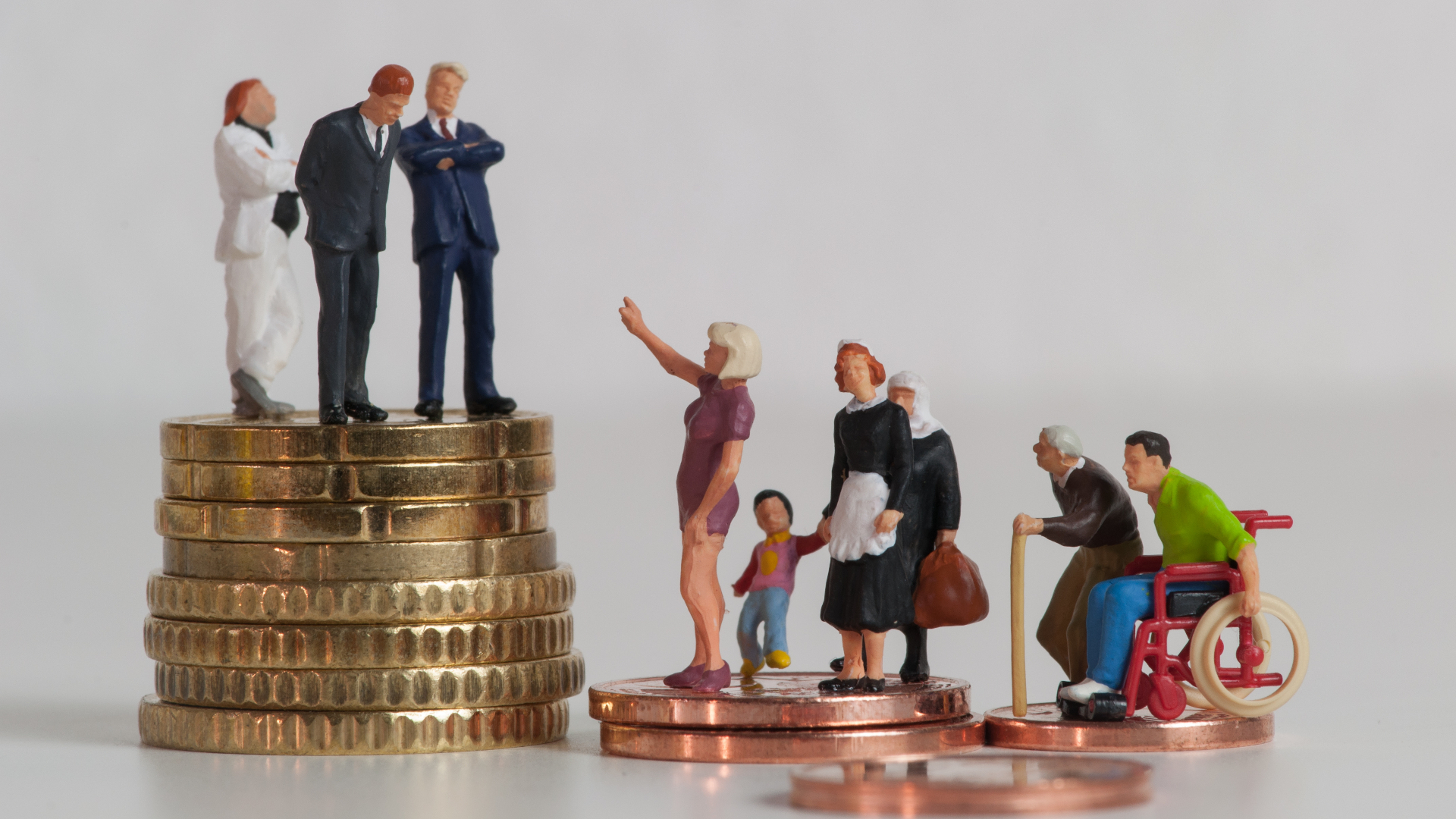
To address poverty, we must forget about inequality
December 18, 2023 | Post
Looking at inequality doesn’t tell us anything substantial about prosperity in a given country. Is inequality the real problem, or is it poverty?

How minimum wage laws harm and exclude
December 1, 2023 | Post
Instead of elevating living standards and safeguarding workers from poor conditions and low pay, minimum wage laws lead to unemployment and limit job opportunities. Let’s look at how…

Why trade wars are wars on the poor
November 14, 2023 | Post
In the not-so-distant past, political leaders from both sides of the aisle in the United States held a general consensus on the benefits of free trade.
During their presidential campaigns in 2000, Al Gore and George Bush, despite their differences, at least agreed on the merits of fostering open markets.
Fast forward to the present day and we find Joe Biden and Donald Trump endorsing staunchly protectionist policies.
Let’s explore what caused this complete 180 and who bears the brunt when trade is restricted.

Why is Africa poor? Is colonization the root cause?
June 16, 2023 | Post
“Colonization is why Africa is so poor” is something I hear all the time. But it was not until recently that I realized: This impulsive defense of Africa is far from the full truth.

It’s time to get rid of the tampon tax
June 13, 2023 | Post
Certain forms of taxation are simply unjustifiable. One especially problematic example is the taxation of menstrual hygiene products, such as tampons. Here’s why the tampon tax is fundamentally regressive and must be scrapped…
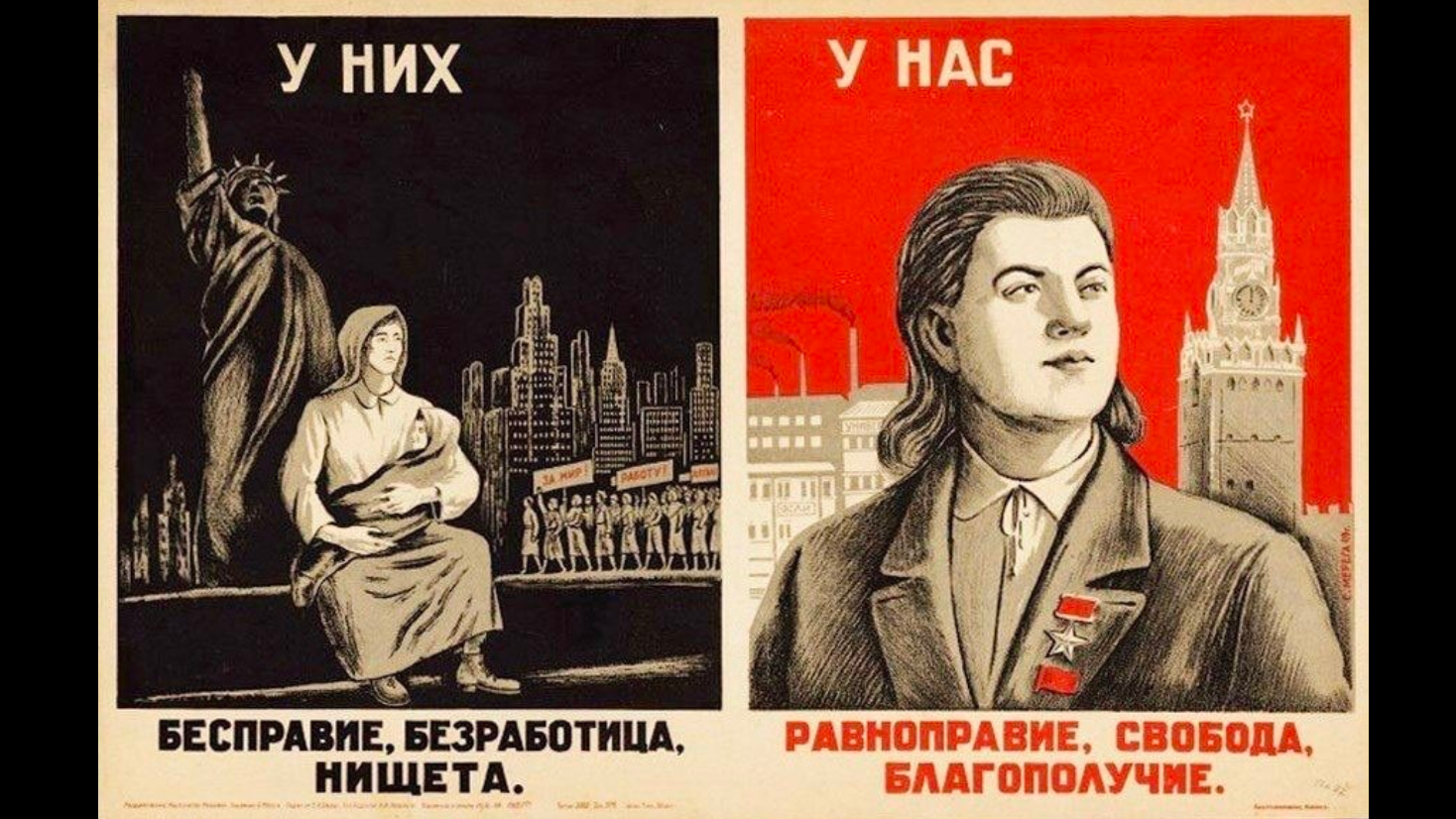
Don’t be fooled, life in the Soviet Union was awful
June 5, 2023 | Post
In this first piece of a series addressing myths about the Soviet Union, we will focus on the issues of poverty, inequality, and quality of life…
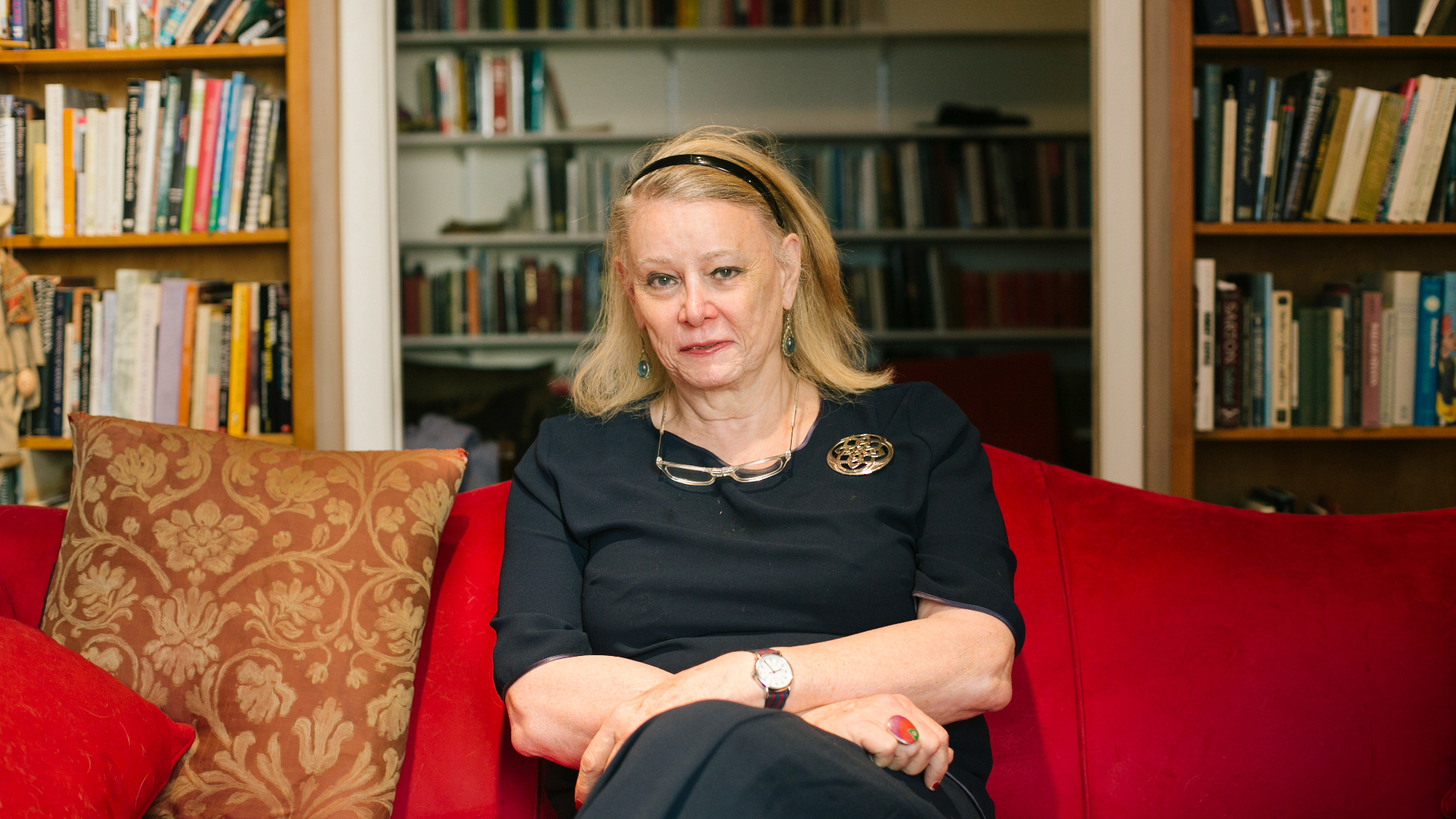
Unleashing the power of rhetoric: how Deirdre McCloskey transformed the landscape of economics
May 24, 2023 | Post
In a world dominated by numbers and equations, one economist dared to challenge the status quo and unveil the true power of persuasive language. Meet Deirdre McCloskey, a visionary economist, historian, and writer whose groundbreaking ideas have reshaped the way we understand economic progress.

Why some countries succeed and others don’t
March 6, 2023 | Post
Why are some countries successful while others aren’t? Is it down to natural resources, colonialism, or can it be better explained by something else?

2022 is over and Soylent Green isn’t people
January 16, 2023 | Post
Soylent Green (1973), a dystopian sci-fi movie, depicts a world suffering from overpopulation, climate change, and extreme inequality, where the rich exploit and own the poor, who survive on the evil Soylent Corporation’s processed plankton. As 2022, the year in which Soylent Green was set, has now passed, the movie’s grim predictions of overpopulation have proven misguided.

5 ways market competition can reduce global poverty
October 17, 2022 | Post
Economic competition in functioning market economies it the best surefire way to reduce global poverty. That, and letting people leave poor countries for rich ones.

Why was this year’s 4th of July cookout so expensive?
July 5, 2022 | Post
According to a survey from the American Farm Bureau Federation, the cost of an average 4th of July feast is up by 17 percent from 2021. Why is this?

Favelas and rental cars: lessons about property rights
April 26, 2022 | Post
What lessons can we learn about the importance of property rights from examples such as rental cars and Brazil’s favelas?

Build Back Better is more about handouts than human infrastructure
December 11, 2021 | Post
The Build Back Better Act is an attempt by the Biden administration to distribute handouts for specific sets of voters ahead of the 2022 midterms

Legends of Liberty: Thomas Sowell
November 11, 2021 | Post
Last week, we wrote about Frederic Bastiat, the king of communicating economic and philosophical ideas in simple, direct (and often funny) ways.
Of course, in the 19th century, Bastiat’s medium was the printed word. But if you had to find an heir to his throne in the social media era, Thomas Sowell would be a leading contender.

A tax on unrealized capital gains would have unprecedented destructive potential
November 6, 2021 | Post
If levied, the “billionaire tax” targeting unrealized capital gains would penalize entrepreneurship and have unprecedented destructive potential
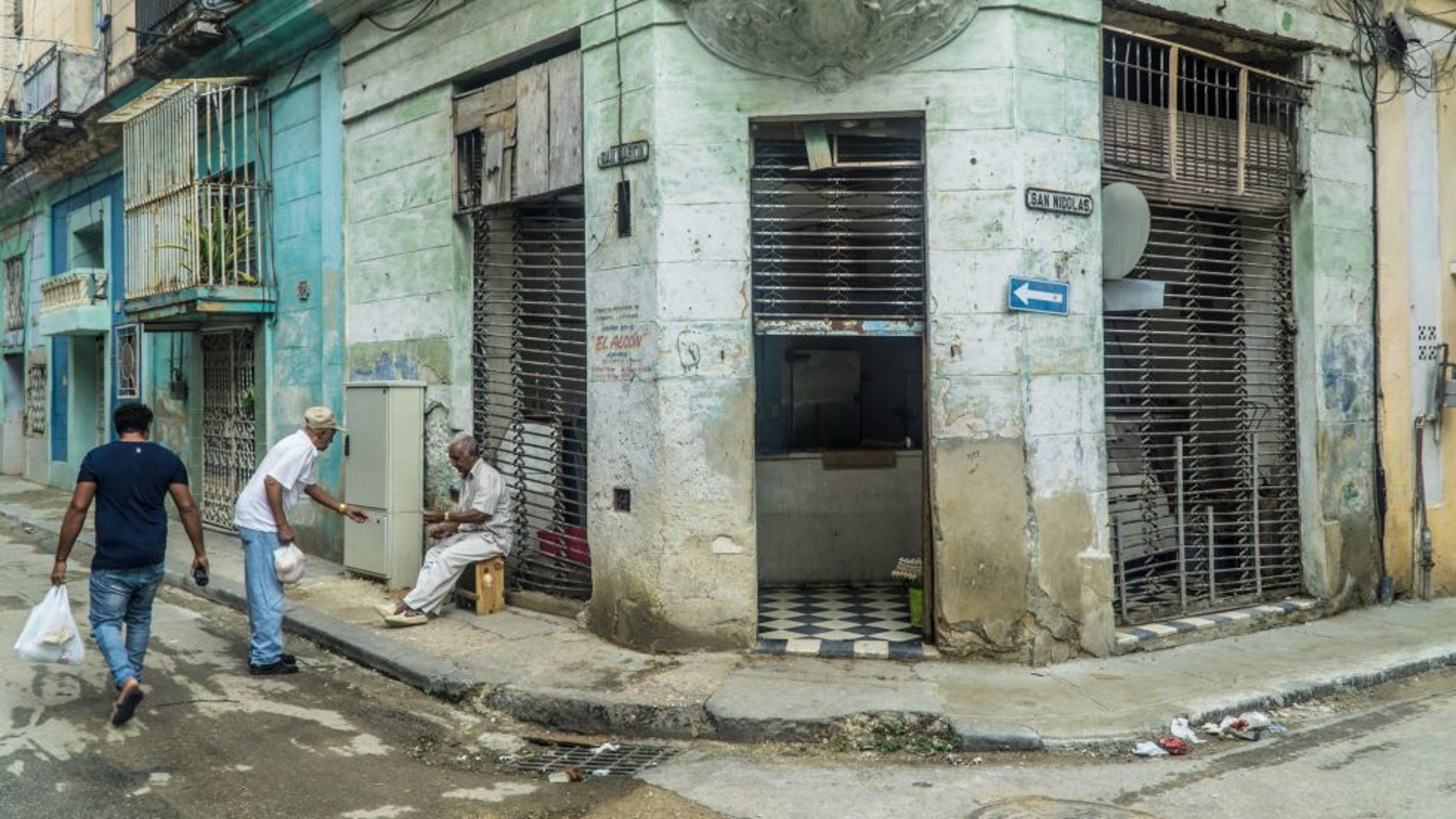
U.S. sanctions are not responsible for the Cuban economic crisis
September 7, 2021 | Post
When a worsening economic crisis saw anti-government protests erupt in Cuba, the regime was quick to blame U.S. sanctions instead of its own policies

Why is Latin America so corrupt?
April 28, 2021 | Video
Ahead of his panel on Corruption and Poverty in Latin America at LibertyCon Europe, Juan Carlos Hidalgo, former policy analyst at the Cato Institute talks about why Latin America has so many cases of corruption, the recent protests in Chile and other countries around the world.

Is It Unfair to Pay CEOs Billions? Q&A with Prof. Howie Baetjer
January 29, 2018 | Video
Is it fair that CEOs get paid millions—even billions—while there are so many people still in poverty? Well, it depends! Watch the second entry in our question and answer series with Prof. Howie Baetjer.

Economic Freedom by the Numbers
October 30, 2017 | Video
What’s the evidence that economic freedom is beneficial for society? Prof. Antony Davies shows charts of the free market’s effects on unemployment, inequality, poverty, and even child labor.

What most Americans have never heard about extreme poverty
September 13, 2017 | Post
Why did poverty decrease so much over the past 200 years, and especially over the past 30 years? Let’s look at one key example; then we’ll zoom out to the broader research.

An Alternative to Welfare
August 21, 2017 | Video
Today’s welfare system discourages aspiring for the American dream. What if we tried a universal basic income instead? Watch the full interview with Prof. Munger

The Myth of Equality in the 1950s
August 9, 2017 | Video
Why do people keep saying the ‘50s were more “equal” than today? Perhaps they forget how many people were in poverty — or what the major unions did to African-Americans.

